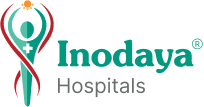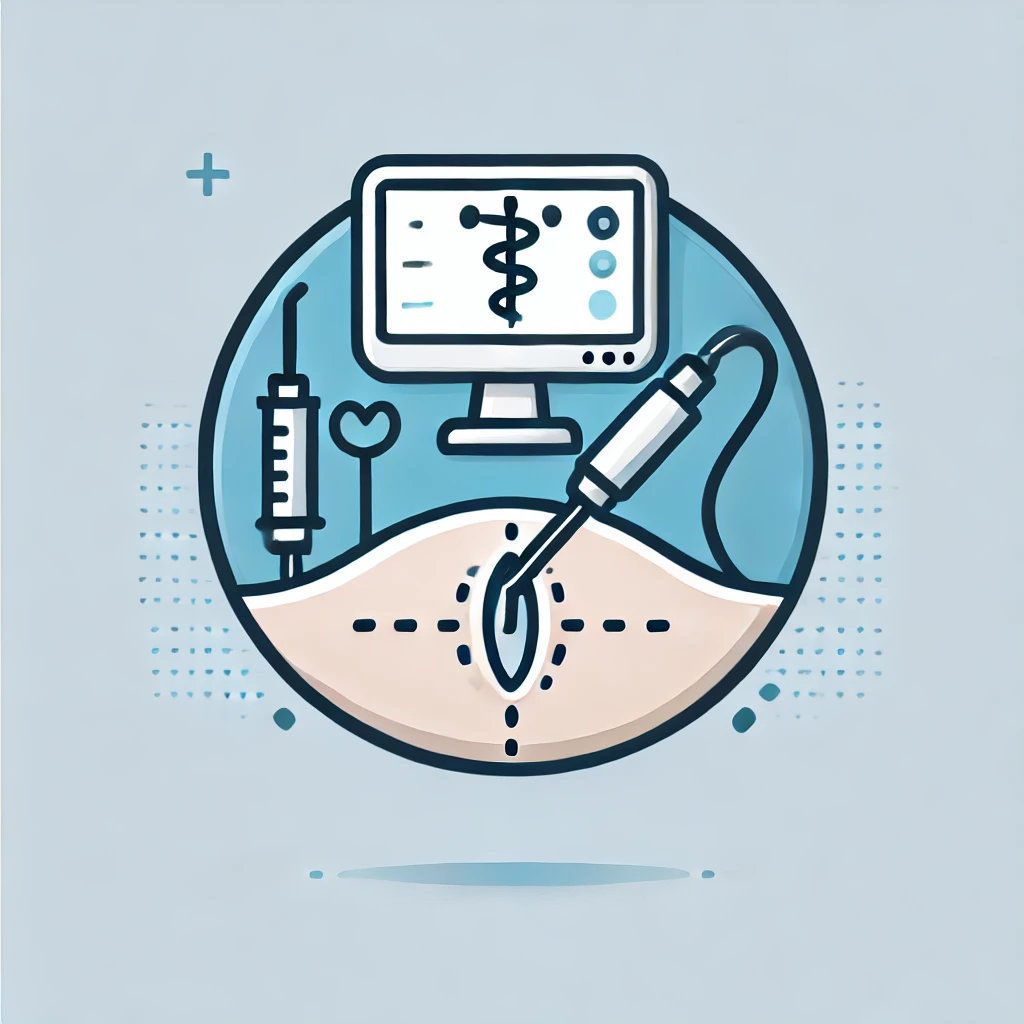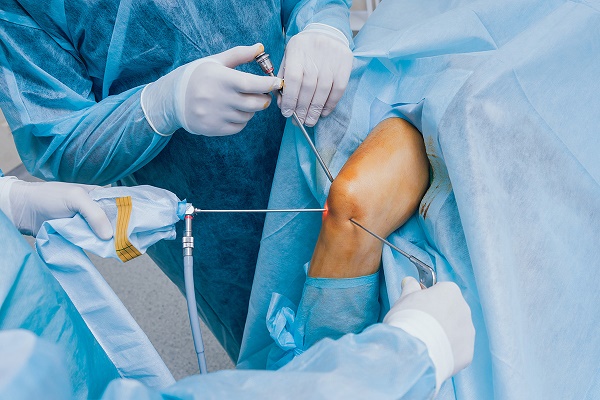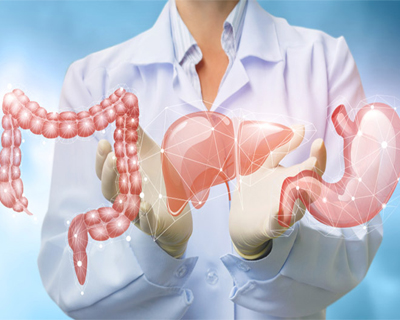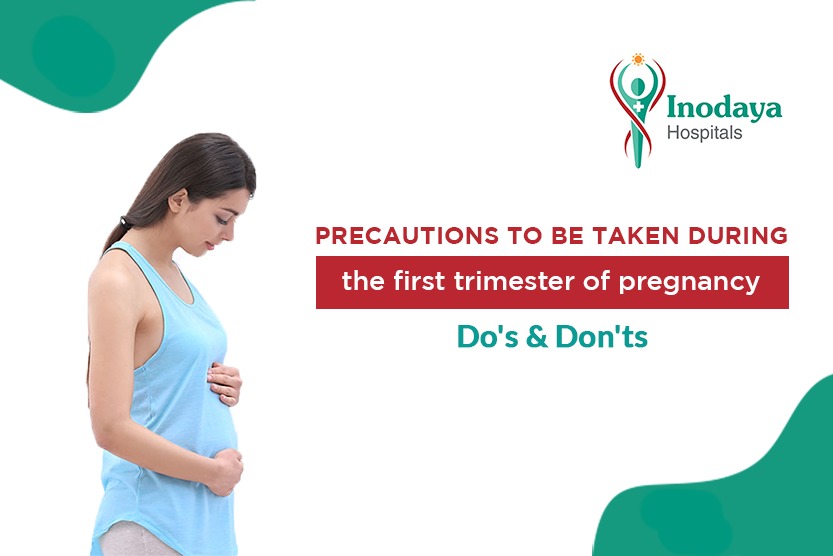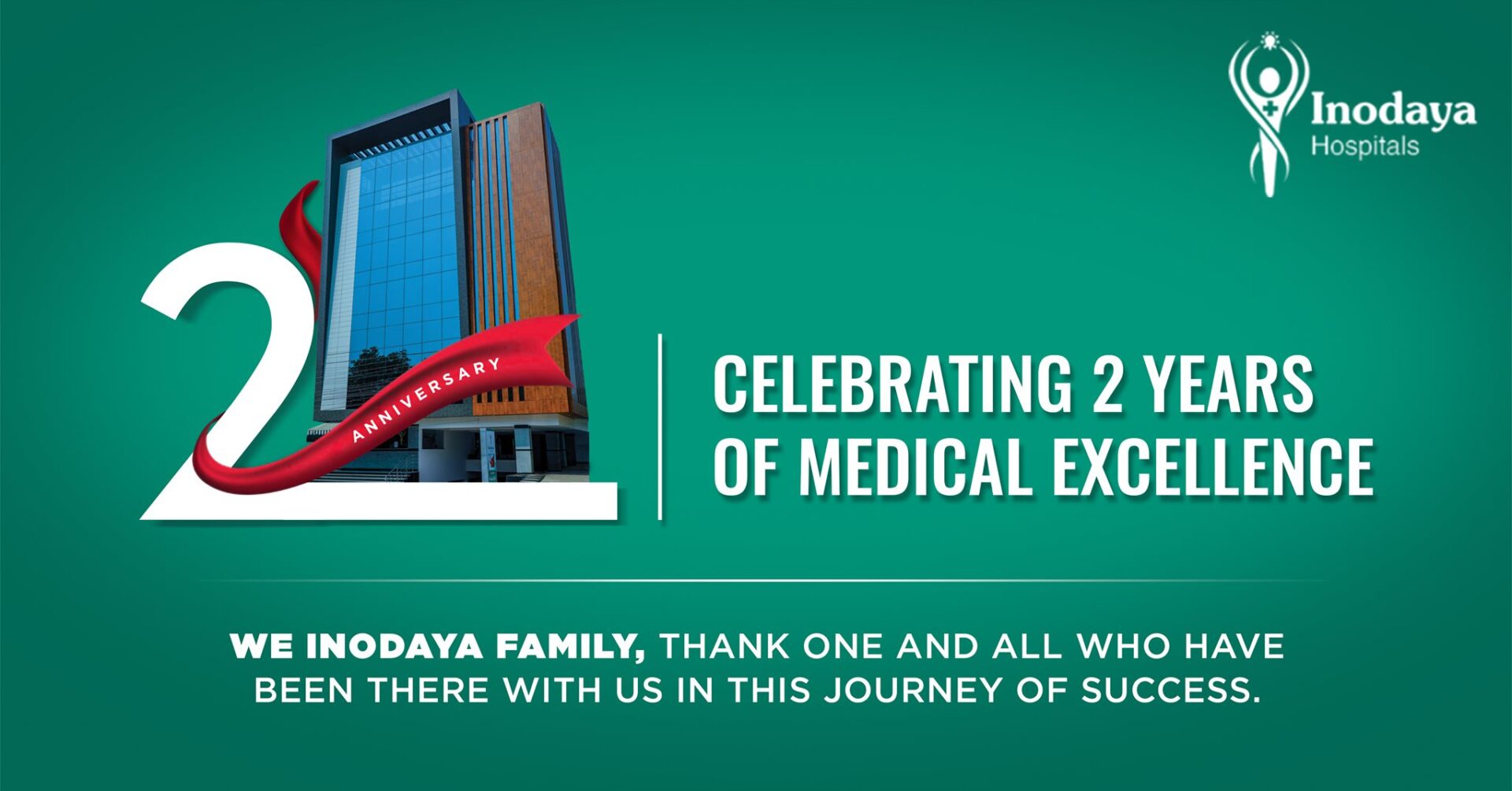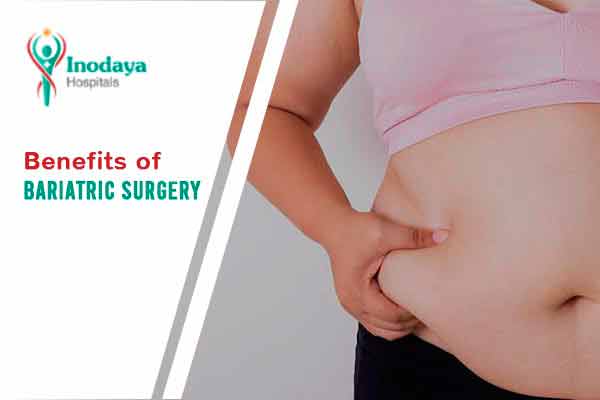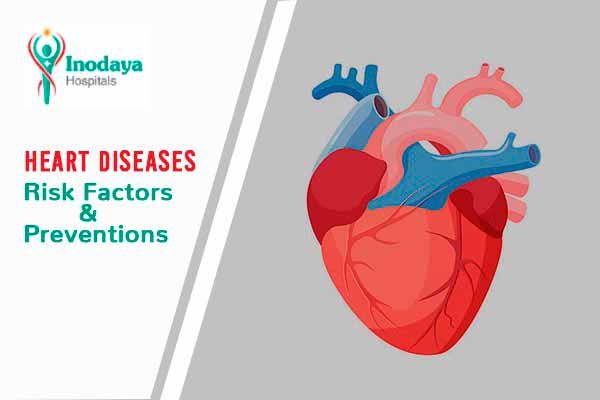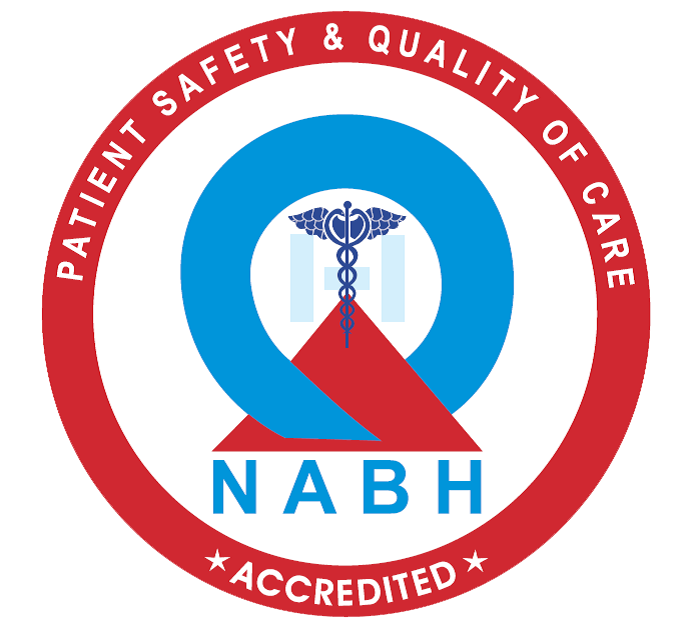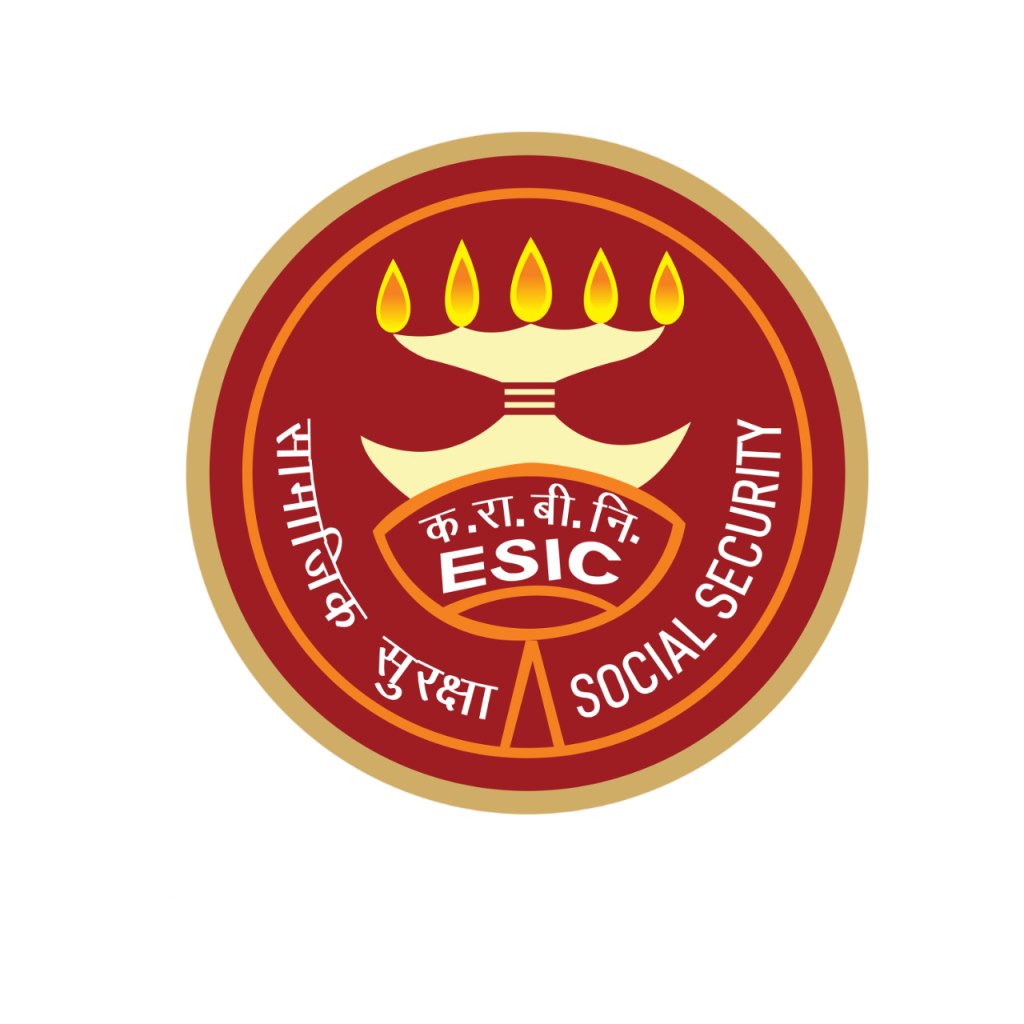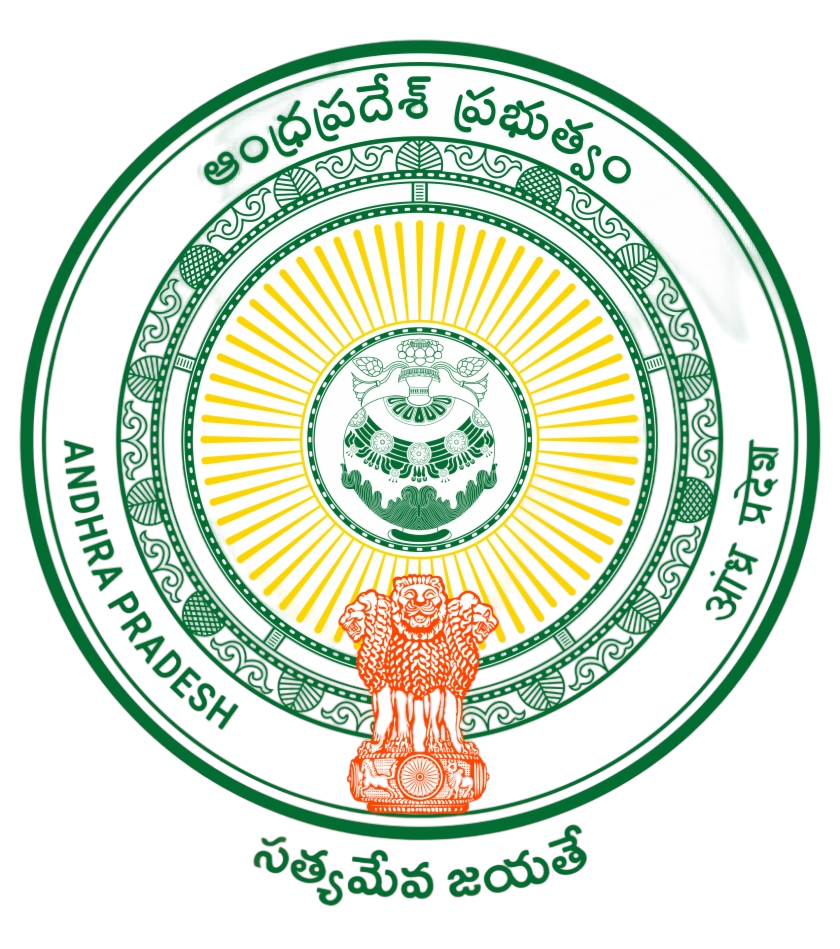Undoubtedly, pregnancy is a beautiful phase in every woman’s life. As you step into motherhood and before your little bundle of joy arrives, as an expecting mother you are responsible for helping them grow in a healthy environment.
The first trimester is one of the most essential and crucial phases during pregnancy. It begins on the first day of your last period and continues until the end of week 12. During the first trimester of pregnancy, your baby grows faster than at any other time and you may experience symptoms that include fatigue, nausea, urinary frequency, and breast changes.
However, you might have many questions in terms of what you can do and what you cannot, Panic not! We at Inodaya, one of the best gynecology hospitals in Kakinada listed some do’s and dont’s during the first three months of your pregnancy.
Do’s of the first trimester
- SupplementsIn the first trimester of pregnancy, it is healthy to take necessary supplements like calcium, vitamin D, especially folic acid as it is a type of vitamin B that is needed for the formation of blood cells and the development of the baby’s nervous system.
- Healthy DietDo consume more organic and homemade food since this is rich in minerals and essential vitamins and proteins. Eat a variety of healthy and nutritional foods that is rich in iron, calcium, and folate. Stay away from processed food items and keep yourself hydrated all through the day.
- ExerciseWalking plays a critical role and is considered to be the best exercise for pregnant women. It helps to keep your muscles healthy, most importantly, keeps you active. Walking helps control blood sugar levels, thus reducing your risk of gestational diabetes.
- Regular followupsAn early consultation with the obstetrician and regular follow-up is essential during the first trimester for weekly progress on the development of your baby. Choose the best obstetrician and avoid frequent changes as this leads to conflicting opinions during consultations.
- RestFatigue is commonly experienced during the first trimester of your pregnancy which makes it important for you to take rest. Generally, Pregnant women are recommended bed rest when they experience bleeding early in pregnancy, or to prevent miscarriage.
Don’ts for the First Trimester
- StressMake sure that you don’t indulge in things that will make you stressed. Studies suggest that stress can affect a baby’s temperament and neurobehavioral development. Infants whose mothers experienced stress while pregnant, particularly in the first trimester, show signs of depression and irritability.
- WeightMaintaining an optimum weight is necessary during your first trimester. You must be assured that losing a few pounds at this stage has no impact on your baby’s development. Normal-weight women shouldn’t gain more than two to four pounds in the entire first trimester.
- TravelPregnant women prefer not to travel in the first 12 weeks because of nausea and vomiting and feeling very tired during these early stages. The risk of miscarriage is also higher in the first three months of pregnancy. Therefore, it’s always good to consult your doctor if planning a long trip.
- Certain foodsEating some foods during the first trimester may increase the risk of harm to you and your baby. Avoid raw or uncooked meat, unpasteurized milk, and dairy products, soft cheeses, and undercooked eggs. Avoid fishes that have high levels of mercury as they could affect your baby’s nervous system.
- Heavy liftingHeavy lifting, standing for long periods of time, or bending a lot during pregnancy could increase your chances of miscarriage, preterm birth, or injury. In the first trimester, your body is still flexible and your baby is too small to be affected while bending.
Make your first trimester happy and healthy by following the above-mentioned tips! Need more information? Visit Inodaya Hospitals, Kakinada
